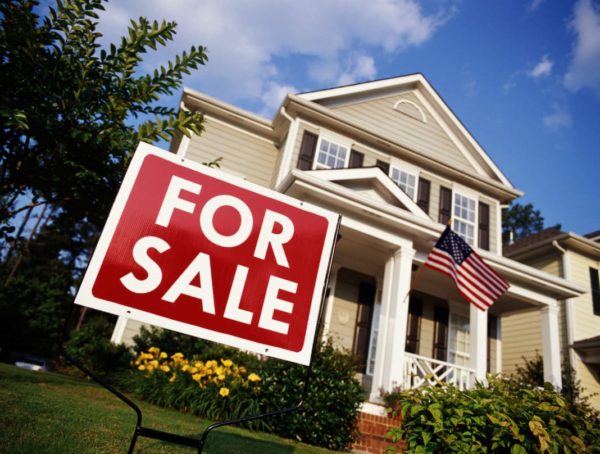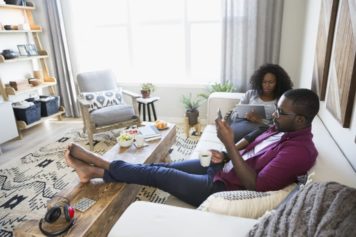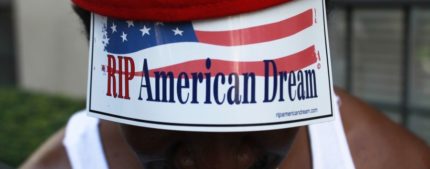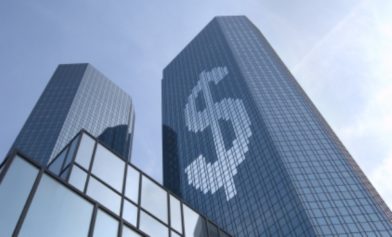Homes in predominately Black neighborhoods are undervalued by an average of $48,000, according to a recent study by the Brookings Institution in conjunction with Gallup.
The report, published in November, explores the myriad of reasons why home prices tend to be lower in Black communities than in white ones and how these factors have contributed to a sort of domino effect destroying the quality of life in Black neighborhoods nationwide.

Study authors found that the greater the devaluation in a Black community, the harder it is for residents to bootstrap themselves out of poverty. (Image courtesy of Getty Images)
Study authors Andre Perry, Jonathan Rothwell and David Harshbarger pointed to data from real estate database Zillow showing that the median listing price of residential property in a majority-Black community in a metro city is around $184,000. Meanwhile, the median listing price in a majority-white community where Black Americans account for less than 1 percent of the population is well over $341,000.
The authors wanted to look beyond those numbers, however, and stripped away all the other structural and neighborhood factors that plausibly could be used to explain the disparities in valuations between homes in Black and white neighborhoods. Like other bodies of research, what they found was that years of racist policies, including redlining, segregation, exclusionary zoning and deed restrictions, among others, have eroded opportunities for wealth and financial security in Black communities.
Yet they wanted to know more, specifically, how they could determine how much racism siphons wealth from Black homeowners. That’s where the $48,000 comes in.
“That’s the amount the average home in a majority-black neighborhood is undervalued, relative to an identical home in an identical all-white neighborhood once you properly adjust for all the other structural and neighborhood characteristics that could plausibly affect that number,” The Washington Post‘s Christopher Ingraham wrote. “That’s the ‘cost of racial bias.'”
Decades of discriminatory housing policies have essentially amounted to “$156 billion in cumulative losses” for the nation’s Black homeowners, according to the report.
Poring over pages of census and real estate market data, researchers found that in the average U.S. metropolitan area, homes in neighborhoods where the population is about 50 percent Black are valued at nearly half the price of homes in neighborhoods with nearly no Black residents. This devaluation is particularly devastating for Black families, as home ownership is a major contributing factor to the racial wealth gap.
Moreover, researchers wrote that “Black homeowners realize lower wealth accumulation, which makes it more difficult to start and invest in businesses and afford college tuition.”
“By controlling for commonly held causes of price differences including education, lower home quality, and crime, this paper suggests that bias is likely to be a large part of the unexplained devaluation of Black neighborhoods,” they added.
The consequences of undervaluation are far-reaching. For instance, the research suggests that metro areas with a greater undervaluation of homes in Black communities tend to be more segregated and that the folks who live in such communities have a much harder time working their way out of poverty.
“If properties in Black neighborhoods were priced equally as those in white neighborhoods, Black children coming of age in the 1990s and 2000s would’ve had much more wealth to draw upon to pay for things like private schooling, tutoring, travel, and educational experiences, as well as higher education and greater access to higher-scoring schools in the suburbs,” the authors wrote.
Read the full report here.


